Key passenger rights at risk due to recent and proposed transportation rule changes.
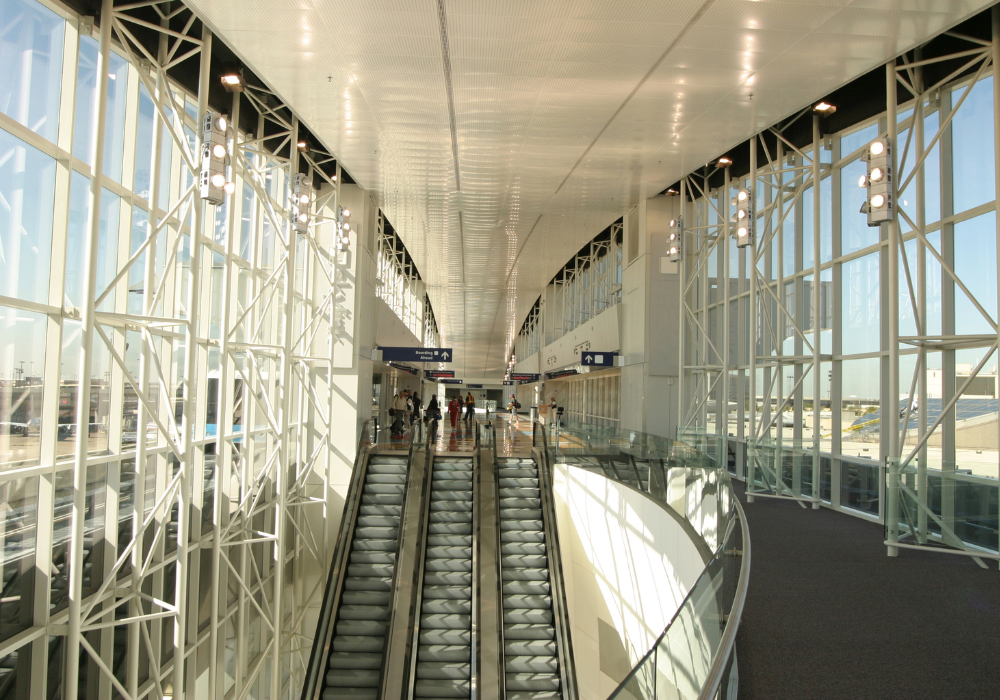
Passenger protections have long played a crucial role in ensuring safe and fair air travel experiences. However, potential rule changes from the Transportation Department threaten to reduce or eliminate several important consumer rights. These changes could impact refunds, compensation, access to information, and accommodations, creating challenges for travelers. Understanding these adjustments helps passengers navigate evolving regulations and safeguard their interests.
1. Ensuring timely refunds for canceled or significantly delayed flights.
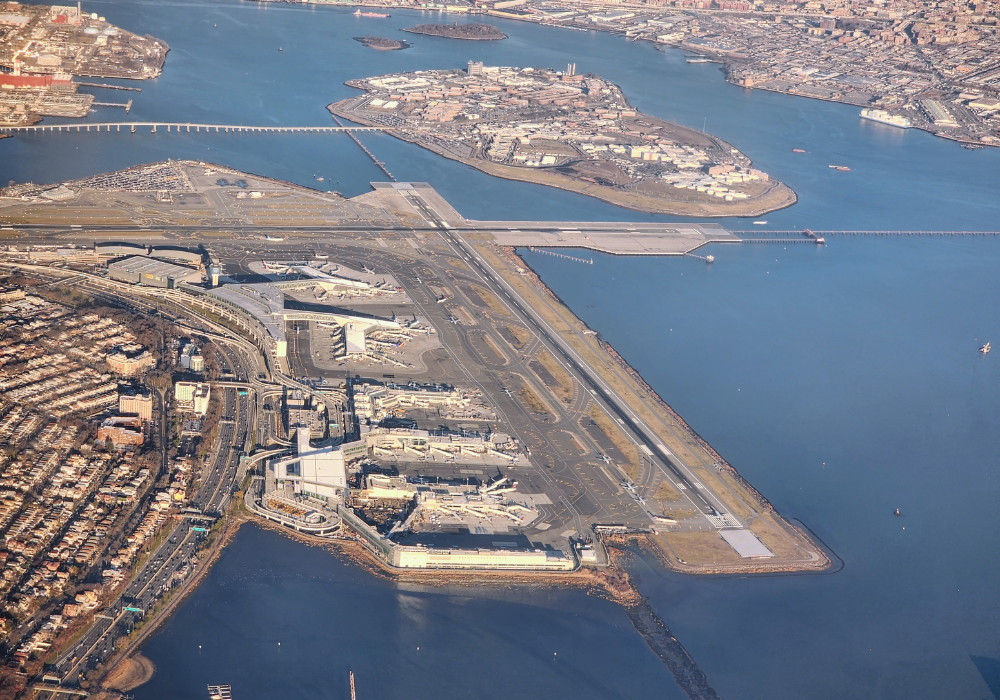
Timely refunds are crucial when flights are canceled or significantly delayed, ensuring passengers retrieve their money smoothly. The current regulations mandate airlines refund promptly for any ticket purchased, The New York Times reported. Situations like pandemic-related travel restrictions have tested these rules, showcasing their importance for passenger confidence.
If these protections were to disappear, passengers might face challenges recovering their funds. Airlines might prioritize alternative compensations, like vouchers, instead of direct refunds. Without swift reimbursements, people could feel financially stranded or reluctant to make future travel decisions, impacting consumer trust in air travel.
2. Requiring airlines to provide clear information about flight delays.
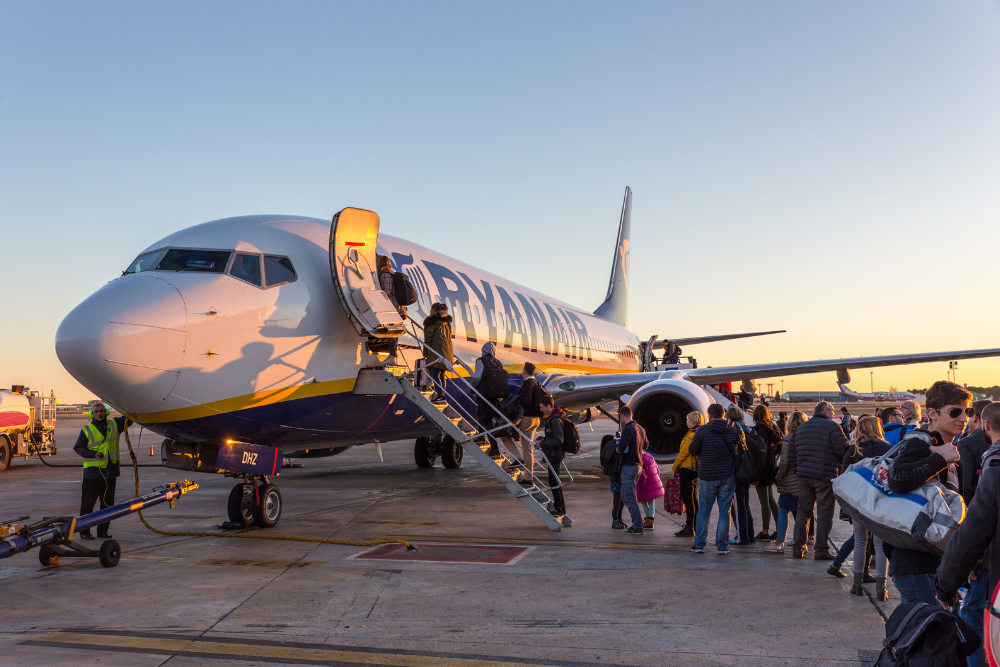
Currently, airlines must provide clear, accurate information about flight delays, helping passengers plan accordingly. This requirement promotes real-time updates via mobile apps and displays, reducing passenger stress. Transparency keeps travelers informed, aiding in immediate decisions about alternative transportation if needed.
Changes to these rules could lead airlines to withhold detailed delay notifications. Passengers might face confusion and inconvenience at airports, unable to make quick plans or navigate onward connections, CBS News mentioned. The lack of disclosure could create a chaotic travel experience, leaving solutions solely to the passenger’s resilience and initiative.
3. Protecting passengers during tarmac delays by limiting wait times.

Tarmac delays can be intensely frustrating, yet current rules limit the wait time, ensuring passengers aren’t held indefinitely. Airlines must let passengers disembark if the delay extends beyond specified limits, enhancing comfort and safety during such disruptions.
If these regulations wane, passengers could find themselves trapped without clear recourse during long waits on the tarmac, as mentioned in Travelers United. Comfort and health emergencies might arise, as the ability to leave the aircraft becomes uncertain. The disruption extends to airport operations, affecting subsequent flight schedules and passenger flow.
4. Guaranteeing access to assistance for passengers with disabilities.
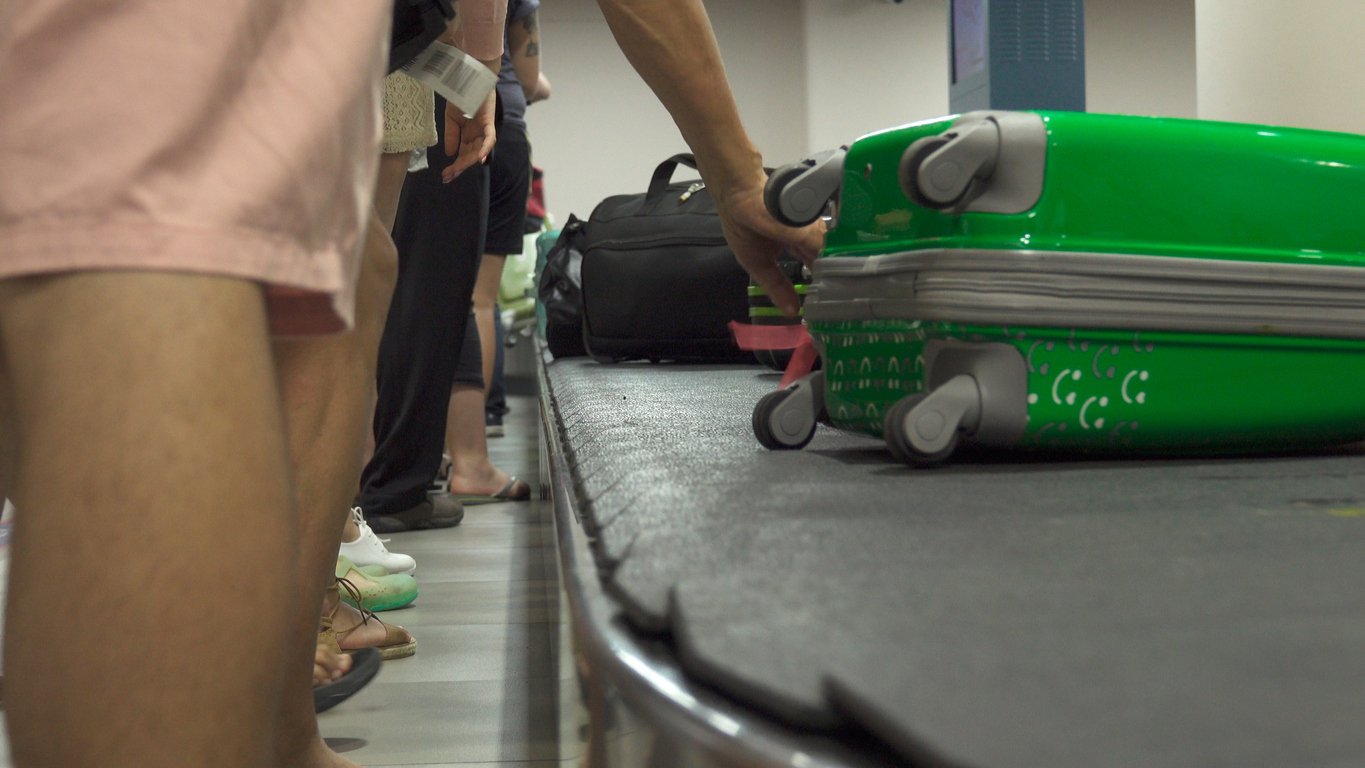
Accessibility remains a cornerstone of modern air travel, with clear guidelines ensuring assistance for passengers with disabilities. Airlines must provide aid like boarding assistance and accessible seating, allowing every traveler to enjoy their journey fully.
Potential rule changes could erode these supported measures, leading to limited access and inconsistent service quality. Disabled passengers might encounter greater barriers navigating air travel independently, possibly deterring future travel. The erosion of such rights sets a concerning precedent, diminishing inclusivity in transportation.
5. Mandating compensation for lost or delayed checked baggage.

Lost or delayed baggage creates significant inconvenience; current rules ensure passengers receive compensation, offsetting this burden. Airlines must reimburse for necessary purchases made while waiting for luggage, protecting consumer interests during such mishaps.
Without mandated compensation, passengers may absorb the extra expenses themselves, tarnishing the travel experience. Airlines might deprioritize efficient baggage resolutions if financial penalties diminish. Reliable baggage handling becomes an uncertain element of air travel, potentially increasing customer dissatisfaction and eroding trust.
6. Enforcing transparency about airline fees and surcharges.

Transparency in airline fees and surcharges empowers consumers to make informed choices. Knowing the breakdown of ticket costs and potential extras enables passengers to compare options clearly, reinforcing fair market competition among carriers.
If this transparency falters, passengers could face unexpected charges at various stages of their journey. Confusion over fares and additional costs might lead to mistrust and frustration, as deceptive pricing undermines consumer confidence. The clarity in pricing strategies serves as a backbone for competitive integrity in air travel.
7. Requiring airlines to accommodate passengers with medical needs.
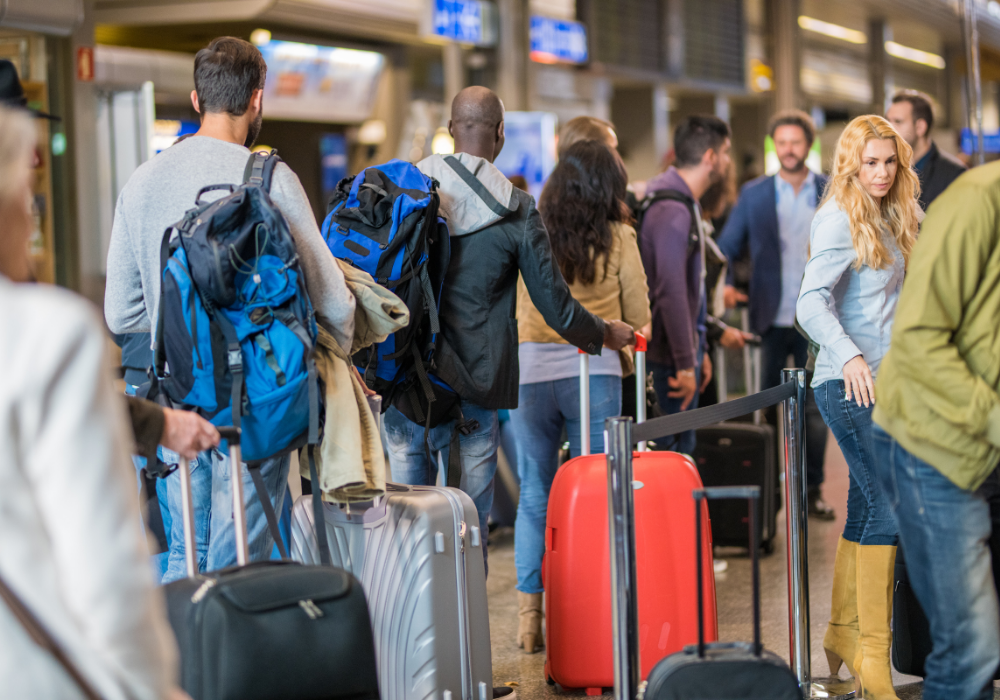
Airlines must accommodate travelers with medical needs, ensuring safety and comfort during flights. Present regulations demand facilities such as refrigerated medication storage and accessible seating for those requiring assistance.
Changes might reduce these obligations, potentially putting passengers at risk if medical needs are unmet. Travelers relying on specialized support could find their options limited, impacting their choice to fly. This creates unnecessary barriers for individuals managing health conditions, diminishing the overall inclusivity of air travel.
8. Providing clear policies for disrupted travel due to overbooking.

Defined procedures for overbooked flights help manage the impacts of denied boarding on passengers. Such guidelines outline compensation and alternative travel arrangements for those involuntarily bumped from flights, maintaining fairness and clarity.
Without these established paths, affected passengers might struggle to seek redress, especially with complex compensation claims. Inconsistencies in handling overbooked situations can cause frustration, and passengers might feel unsupported as airlines navigate operational challenges without regulated guidance.
9. Protecting right to receive updates on flight status changes.
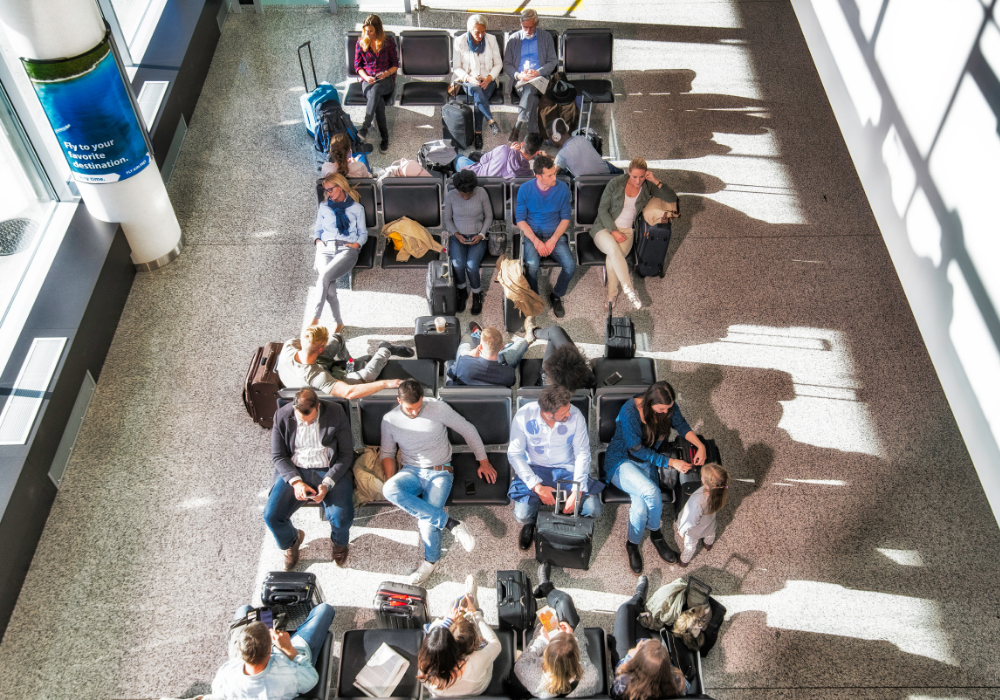
Timely updates regarding flight status changes empower passengers to adapt travel plans effectively. Airlines provide real-time information on cancellations or delays, aiding swift decision-making for onward connections and alternate itineraries.
Lapses in delivering these updates could create chaos, leaving passengers uninformed about critical changes. Travel disruptions extend if communication fails, with potential rental and accommodation bookings needing reevaluation. Immediate, reliable updates form the foundation of a smooth travel experience.
10. Ensuring basic food and water provisions during extended delays.

Basic provisions for extended delays, like food and water, are essential for passenger well-being. Airlines currently ensure these necessities, particularly during extensively delayed situations where passengers remain in transit areas.
The absence of such guarantees leaves travelers in discomfort and stress, degrading the travel experience. Prolonged waits without sustenance could widen dissatisfaction and even trigger health concerns. Ensuring access to essentials maintains a baseline standard of care and hospitality during unforeseen disruptions.
